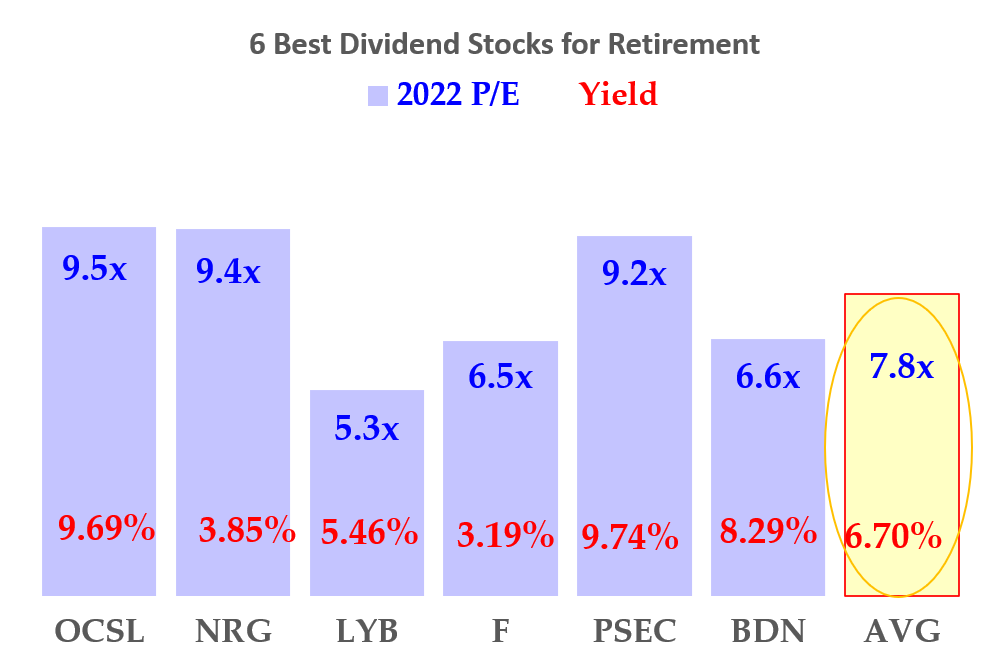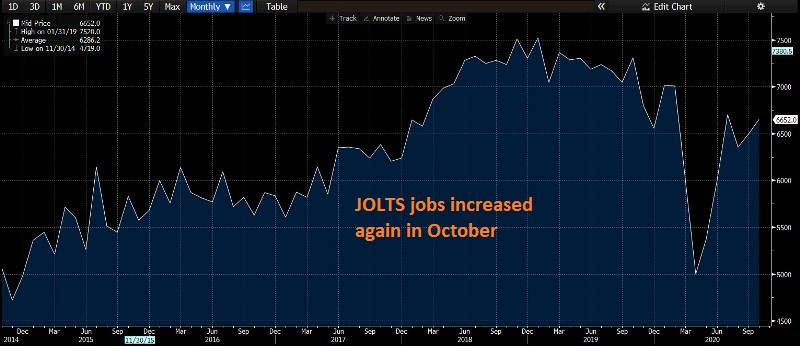
An outstanding loan is the amount of securities held in margin accounts by your broker. Initially, this loan value will be based upon the price at which you purchased the security. Afterward, it changes daily in line with the value of your holdings and the cash balance of your account. Margin calls can be expected in many cases. This article will explain the risks and regulations that apply to margin accounts. Find out the basics of margin calls to protect your investment accounts.
Margin accounts: Regulations
Investing in securities on margin requires a broker to meet certain requirements to make a sale. The amount of equity the customer has in the account must be at least 25 percent of the price of the security. If equity falls below that level, the broker will need to obtain additional funds or securities to maintain the account balance. This is referred to as a margin call and can result in the broker liquidating the customer's securities.

Minimum equity
You should know the minimum equity requirements for securities in a margin account you have with a broker. For example, if a stock's closing price is $60, you would need $15,000 equity to buy additional shares. If you do not have that much equity in your account, you should not sell any of the securities you have in the account. TD Ameritrade rounds off its minimum equity requirement in margin accounts for securities to be sold to the nearest whole amount.
Loan repayment schedule
A margin account gives you the option of using a loan to purchase and sell securities. Your securities serve as collateral to the loan. If the value of the securities you own declines, you may be forced to sell the securities to cover the shortfall. Margin accounts are not suitable for investors who have a high net worth and an excellent understanding of the market. You don't need to be a professional in order to understand margin accounts.
Risk of margin calls
A broker may make margin calls on securities you hold. You can mitigate this risk by diversifying the portfolio and watching your balance closely. While volatile securities can trigger margin calls, they are also more susceptible to sudden changes in maintenance margin requirements. While inverse correlations may reduce your risk, they can change rapidly, particularly during major market turbulence. It is important to be vigilant about your accounts and have a plan for repaying in case there is a margin call.

Transferring margin from one brokerage company to another
When you transfer your margin to another brokerage firm, you will need to verify your account information against the records of the new company. Ask about delays or other issues that could delay the transfer. Find out whether the new company accepts margin accounts and if there are minimum margin requirements. If they allow margin accounts, you can start trading immediately. You should be cautious about possible pitfalls like losing all your margin.
FAQ
What are some of the benefits of investing with a mutual-fund?
-
Low cost - buying shares directly from a company is expensive. It's cheaper to purchase shares through a mutual trust.
-
Diversification - most mutual funds contain a variety of different securities. One type of security will lose value while others will increase in value.
-
Professional management - Professional managers ensure that the fund only invests in securities that are relevant to its objectives.
-
Liquidity is a mutual fund that gives you quick access to cash. You can withdraw your money at any time.
-
Tax efficiency – mutual funds are tax efficient. As a result, you don't have to worry about capital gains or losses until you sell your shares.
-
No transaction costs - no commissions are charged for buying and selling shares.
-
Mutual funds are simple to use. All you need is money and a bank card.
-
Flexibility: You can easily change your holdings without incurring additional charges.
-
Access to information – You can access the fund's activities and monitor its performance.
-
Investment advice – you can ask questions to the fund manager and get their answers.
-
Security - know what kind of security your holdings are.
-
Control - you can control the way the fund makes its investment decisions.
-
Portfolio tracking: You can track your portfolio's performance over time.
-
You can withdraw your money easily from the fund.
Disadvantages of investing through mutual funds:
-
Limited investment opportunities - mutual funds may not offer all investment opportunities.
-
High expense ratio - Brokerage charges, administrative fees and operating expenses are some of the costs associated with owning shares in a mutual fund. These expenses can impact your return.
-
Lack of liquidity - many mutual funds do not accept deposits. They can only be bought with cash. This limits the amount that you can put into investments.
-
Poor customer service: There is no single point of contact for mutual fund customers who have problems. Instead, you must deal with the fund's salespeople, brokers, and administrators.
-
Risky - if the fund becomes insolvent, you could lose everything.
What is the main difference between the stock exchange and the securities marketplace?
The securities market is the whole group of companies that are listed on any exchange for trading shares. This includes options, stocks, futures contracts and other financial instruments. Stock markets are typically divided into primary and secondary categories. Primary stock markets include large exchanges such as the NYSE (New York Stock Exchange) and NASDAQ (National Association of Securities Dealers Automated Quotations). Secondary stock markets let investors trade privately and are smaller than the NYSE (New York Stock Exchange). These include OTC Bulletin Board (Over-the-Counter), Pink Sheets, and Nasdaq SmallCap Market.
Stock markets are important as they allow people to trade shares of businesses and buy or sell them. It is the share price that determines their value. Public companies issue new shares. Investors who purchase these newly issued shares receive dividends. Dividends are payments made by a corporation to shareholders.
Stock markets provide buyers and sellers with a platform, as well as being a means of corporate governance. Shareholders elect boards of directors that oversee management. They ensure managers adhere to ethical business practices. If a board fails in this function, the government might step in to replace the board.
What are the benefits of stock ownership?
Stocks are more volatile than bonds. The value of shares that are bankrupted will plummet dramatically.
However, share prices will rise if a company is growing.
To raise capital, companies often issue new shares. This allows investors to buy more shares in the company.
Companies borrow money using debt finance. This allows them to get cheap credit that will allow them to grow faster.
A company that makes a good product is more likely to be bought by people. As demand increases, so does the price of the stock.
The stock price will continue to rise as long that the company continues to make products that people like.
Stock marketable security or not?
Stock is an investment vehicle that allows you to buy company shares to make money. This is done through a brokerage that sells stocks and bonds.
Direct investments in stocks and mutual funds are also possible. There are more than 50 000 mutual fund options.
The main difference between these two methods is the way you make money. Direct investment earns you income from dividends that are paid by the company. Stock trading trades stocks and bonds to make a profit.
Both cases mean that you are buying ownership of a company or business. You become a shareholder when you purchase a share of a company and you receive dividends based upon how much it earns.
Stock trading gives you the option to either short-sell (borrow a stock) and hope it drops below your cost or go long-term by holding onto the shares, hoping that their value increases.
There are three types: put, call, and exchange-traded. You can buy or sell stock at a specific price and within a certain time frame with call and put options. ETFs are similar to mutual funds, except that they track a group of stocks and not individual securities.
Stock trading is a popular way for investors to be involved in the growth of their company without having daily operations.
Stock trading is a complex business that requires planning and a lot of research. However, the rewards can be great if you do it right. This career path requires you to understand the basics of finance, accounting and economics.
Why is a stock security?
Security is an investment instrument whose worth depends on another company. It may be issued by a corporation (e.g., shares), government (e.g., bonds), or other entity (e.g., preferred stocks). The issuer promises to pay dividends to shareholders, repay debt obligations to creditors, or return capital to investors if the underlying asset declines in value.
How does inflation affect the stock market?
The stock market is affected by inflation because investors need to pay for goods and services with dollars that are worth less each year. As prices rise, stocks fall. You should buy shares whenever they are cheap.
Statistics
- Individuals with very limited financial experience are either terrified by horror stories of average investors losing 50% of their portfolio value or are beguiled by "hot tips" that bear the promise of huge rewards but seldom pay off. (investopedia.com)
- "If all of your money's in one stock, you could potentially lose 50% of it overnight," Moore says. (nerdwallet.com)
- Our focus on Main Street investors reflects the fact that American households own $38 trillion worth of equities, more than 59 percent of the U.S. equity market either directly or indirectly through mutual funds, retirement accounts, and other investments. (sec.gov)
- The S&P 500 has grown about 10.5% per year since its establishment in the 1920s. (investopedia.com)
External Links
How To
How to Trade Stock Markets
Stock trading can be described as the buying and selling of stocks, bonds or commodities, currency, derivatives, or other assets. Trading is French for traiteur. This means that one buys and sellers. Traders purchase and sell securities in order make money from the difference between what is paid and what they get. This is the oldest type of financial investment.
There are many methods to invest in stock markets. There are three types of investing: active (passive), and hybrid (active). Passive investors do nothing except watch their investments grow while actively traded investors try to pick winning companies and profit from them. Hybrid investors combine both of these approaches.
Index funds that track broad indexes such as the Dow Jones Industrial Average or S&P 500 are passive investments. This approach is very popular because it allows you to reap the benefits of diversification without having to deal directly with the risk involved. All you have to do is relax and let your investments take care of themselves.
Active investing involves selecting companies and studying their performance. The factors that active investors consider include earnings growth, return of equity, debt ratios and P/E ratios, cash flow, book values, dividend payout, management, share price history, and more. They decide whether or not they want to invest in shares of the company. If they feel that the company is undervalued, they will buy shares and hope that the price goes up. On the other side, if the company is valued too high, they will wait until it drops before buying shares.
Hybrid investing combines some aspects of both passive and active investing. Hybrid investing is a combination of active and passive investing. You may choose to track multiple stocks in a fund, but you want to also select several companies. In this instance, you might put part of your portfolio in passively managed funds and part in active managed funds.